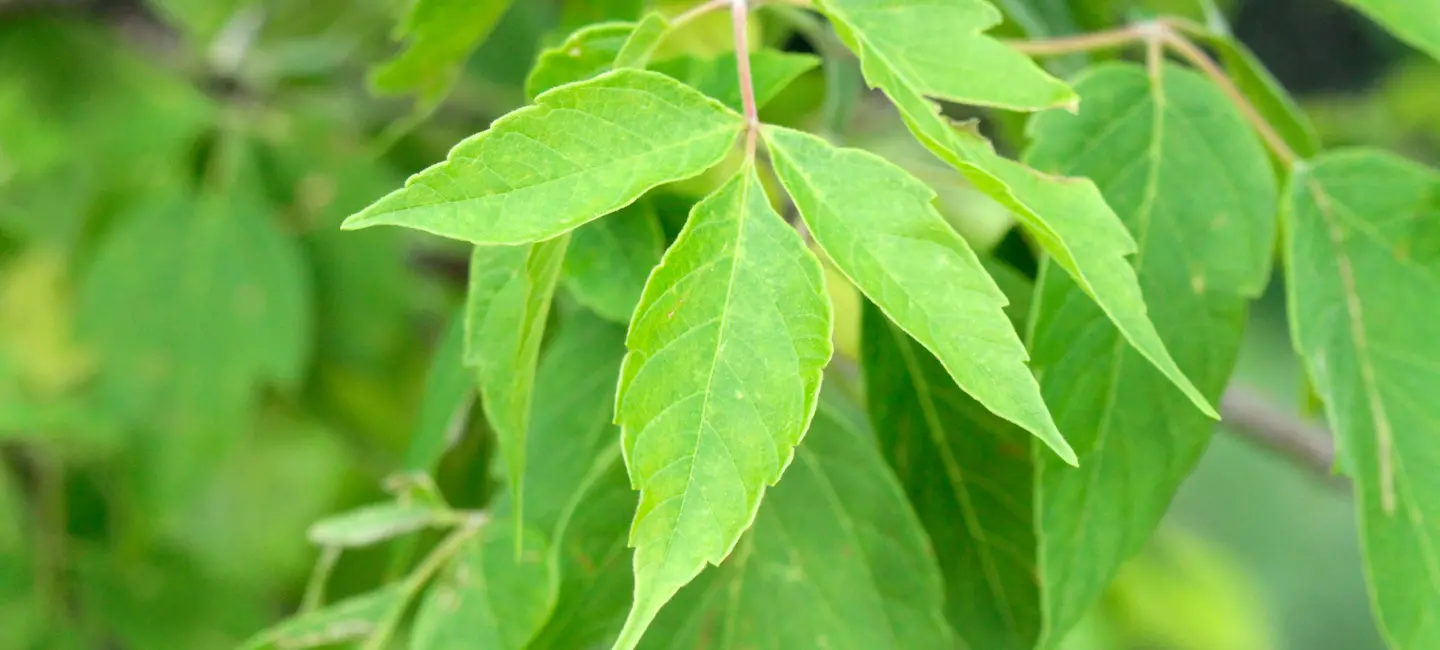
American elder is a plant. The flower and ripe fruit are used to make medicine.
People use American elder for breathing problems such as asthma and bronchitis; for colds, cough, and sore throat; and for painful conditions such as headache, nerve pain (neuralgia), joint pain (rheumatism), toothache, and swelling (inflammation).
Other uses include treatment of bruises, cancer, intestinal gas, epilepsy, fever, gout, psoriasis, sores, syphilis, and fluid retention (edema) due to weak heart function (heart failure).
Some people use American elder as a “purifier” that empties the bowels. It is also used to rid the body of extra fluid by increasing urine production (as a diuretic), “sweat out a fever,” promote healing, and cause vomiting.
American elder is also used as an eyewash, mouthwash, and poultice.
In foods, American elder is cooked and eaten and used to make elderberry wine. American elder is also used to flavor foods and beverages.
In manufacturing, extracts of American elder are used in perfumes.
Is It Effective?
NatMed Pro rates effectiveness based on scientific evidence according to the following scale: Effective, Likely Effective, Possibly Effective, Possibly Ineffective, Likely Ineffective, Ineffective, and Insufficient Evidence to Rate.
- Asthma.
- Bronchitis.
- Bruises.
- Cancer.
- Intestinal gas.
- Constipation.
- Colds.
- Water retention (edema).
- Epilepsy.
- Fever.
- Gout.
- Headache.
- Nerve problems.
- Other conditions.
More evidence is needed to rate the effectiveness of American elder for these uses.
Is it Safe?
Research suggests that some of the chemicals in American elder leaf might work as a laxative, diuretic, and germ-killer. American elder also contains lots of vitamin C.
American elder flowers or cooked, ripe fruit are safe for most adults in the amounts found in foods. There is some scientific evidence that suggests the flowers are safe in medicinal amounts, which are typically larger. Some side effects might include nausea, vomiting, weakness, dizziness, numbness, and stupor.
The leaves, stems, or unripe fruit are UNSAFE. If eaten, they can cause cyanide poisoning. Juice made from unripe fruit can also be poisonous.
Special Precautions & Warnings:
Pregnancy and breast-feeding: It is UNSAFE to use the leaves, stems, or unripe fruit of American elder because they contain chemicals that can cause cyanide poisoning. There isn’t enough information to know whether it is safe to use the flower or cooked, ripe fruit if you are pregnant or breast-feeding. Stay on the safe side, and avoid using any form of American elder.
Children: Some children like to make peashooters from American elder stems, but this practice isn’t as harmless as it sounds. The stem contains chemicals that can cause cyanide poisoning. Some “peashooter poisonings” have been reported.
Lithium
Interaction Rating=Moderate Be cautious with this combination.
American elder might have an effect like a water pill or "diuretic." Taking American elder might decrease how well the body gets rid of lithium. This could increase how much lithium is in the body and result in serious side effects. Talk with your healthcare provider before using this product if you are taking lithium. Your lithium dose might need to be changed.
Medications changed by the liver (Cytochrome P450 3A4 [CYP3A4] substrates)
Interaction Rating=Moderate Be cautious with this combination.
Some medications are changed and broken down by the liver. American elder might decrease how quickly the liver breaks down some medications. Taking American elder along with some medications that are broken down by the liver can increase the effects and side effects of some medications. Before taking American elder, talk to your healthcare provider if you are taking any medications that are changed by the liver.
Some medications changed by the liver include lovastatin (Mevacor), ketoconazole (Nizoral), itraconazole (Sporanox), fexofenadine (Allegra), triazolam (Halcion), and many others.
There are no known interactions with herbs and supplements.
There are no known interactions with foods.
The appropriate dose of American elder depends on several factors such as the user's age, health, and several other conditions. At this time there is not enough scientific information to determine an appropriate range of doses for American elder. Keep in mind that natural products are not always necessarily safe and dosages can be important. Be sure to follow relevant directions on product labels and consult your pharmacist or physician or other healthcare professional before using.
American Elderberry, Common Elderberry, Elderberry, Elder Flower, Sabugueiro, Sambucus, Sambucus canadensis, Saúco, Saúco de Canada, Sureau, Sureau Blanc, Sureau du Canada, Sweet Elder.
Information on this website is for informational use only and is not intended to replace professional medical advice, diagnosis, or treatment. While evidence-based, it is not guaranteed to be error-free and is not intended to meet any particular user’s needs or requirements or to cover all possible uses, safety concerns, interactions, outcomes, or adverse effects. Always check with your doctor or other medical professional before making healthcare decisions (including taking any medication) and do not delay or disregard seeking medical advice or treatment based on any information displayed on this website.
© TRC Healthcare 2024. All rights reserved. Use and/or distribution is permitted only pursuant to a valid license or other permission from TRC Healthcare.
